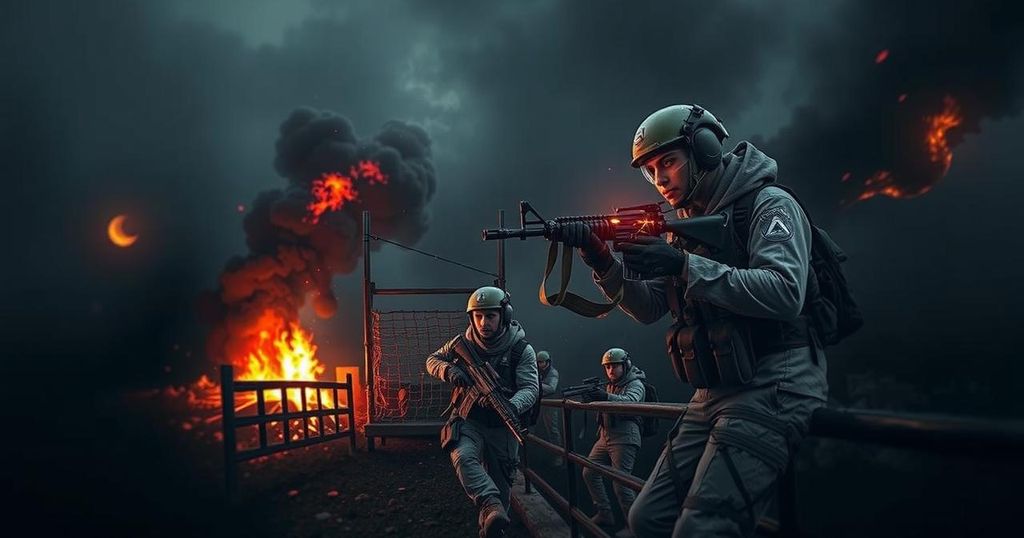Aleppo’s Fall: Rebels Capitalize on Russian and Iranian Limitations
The Syrian rebels’ recent offensive in Aleppo signals a pivotal shift in the conflict, exploiting vulnerabilities stemming from reduced Russian support and conflicts in Ukraine and with Iranian proxies. As a result, the Assad regime encounters newfound threats from rebel forces, suggesting that while one chapter in Middle Eastern conflict may close, another is likely to intensify.
A surprising offensive by Syrian rebels from the northwest has rekindled intense conflict in Aleppo, underscoring shifts in the power dynamics influenced by ongoing wars in Ukraine and Lebanon. Having endured heavy fighting between 2012 and 2016, Aleppo faced a government takeover, mainly due to Russian support. However, a semblance of stability persisted in Idlib, a rebel-held region, bolstered by Turkey’s involvement and a ceasefire since March 2020. Recently, a dramatic attack instigated a rout of government forces in Aleppo, highlighting the tactical advantage of surprise. The Assad regime’s vulnerability stems from the diminished Russian military presence, as resources have shifted towards the invasion of Ukraine. Concurrently, Israeli strikes against Iranian proxies have further weakened the Assad regime. Acknowledging these developments, experts articulate that without the backing of Iranian military forces and air power, the Assad regime may struggle to sustain its hold. Furthermore, the ongoing tension signifies that while one regional conflict may subside, another may escalate, with lasting implications for the Middle East.
The Syrian civil war, profoundly impactful since its inception, saw Aleppo as a critical battleground. Significant fighting took place from 2012 to 2016, leading to the city’s capture by government forces with robust support from Russia. Although a ceasefire was established in 2020, tensions remained due to the presence of rebel forces, particularly Hei’at Tahrir al-Sham (HTS) in the region of Idlib. Recent shifts, including shifts in Russian military focus due to the war in Ukraine and Israeli actions against Iranian forces, have altered the landscape, fostering conditions for renewed rebel offensives.
The recent triumph of Syrian rebels in Aleppo illustrates a pivotal moment in the ongoing Syrian conflict, underscored by the diminished military influence of both Russia and Iran. As the situation unfolds, the potential for further escalations remains high, as the balance of power continues to fluctuate due to unforeseen external factors. This resurgence emphasizes that while some conflicts may appear to lose intensity, new dynamics can trigger additional strife within the already volatile Middle East.
Original Source: www.theguardian.com




Post Comment